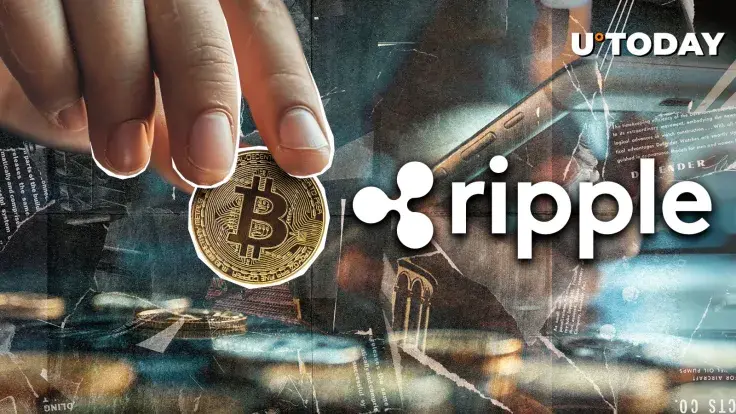
Australian computer scientist Craig Wright, who is notoriously known as a self-proclaimed Satoshi Nakamoto candidate, recently questioned the legacy of San Francisco-based enterprise blockchain firm Ripple.
According to Wright, Ripple's cross-border payment system is significantly slower than SWIFT, a popular global network that banks use for communicating with each other.
"But what have you offered in their place? You have created a system that is slower than Swift, less secure, and devoid of true utility," Wright said.
Wright believes that Ripple has failed to make any substantial contributions to the future of commerce and technology. "Where is your legacy," Wright asked.
This comes after Wright slammed XRP, the controversial token associated with Ripple as "a speculative construct." The self-proclaimed Satoshi has stated that the world's seventh-biggest cryptocurrency actually lacks any substance. "In this light, XRP stands not as a genuine advancement, but as a speculative vehicle, drawing in those captivated by the prospect of short term, unearned profit rather than substantive value," he said.
Ripple could have made "a lot of money" with meme coins
Ripple continues to face criticism from some naysayers due to the fact that selling XRP has been the primary source of income for the company.
David Schwartz, chief technology officer at Ripple, claims that there was no way to know what results the company would have achieved had it opted for a different strategy. "There are certainly cases where I think, looking back, our revenue from XRP led us to make suboptimal choices. Nobody knows how an alternative history would have played out," he said.
Notably, the Ripple CTO also said that Ripple was able to stay away from initial coin offerings (ICOs) and meme coins because it did not really need the money. However, Schwartz believed that entering those spaces could have been very profitable for the company.

 Dan Burgin
Dan Burgin Vladislav Sopov
Vladislav Sopov